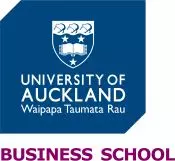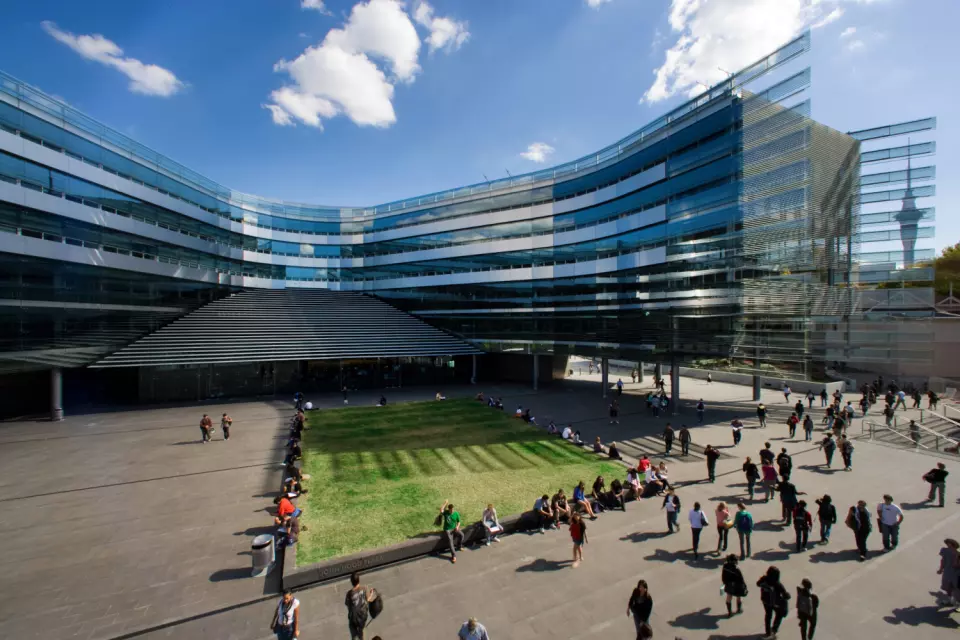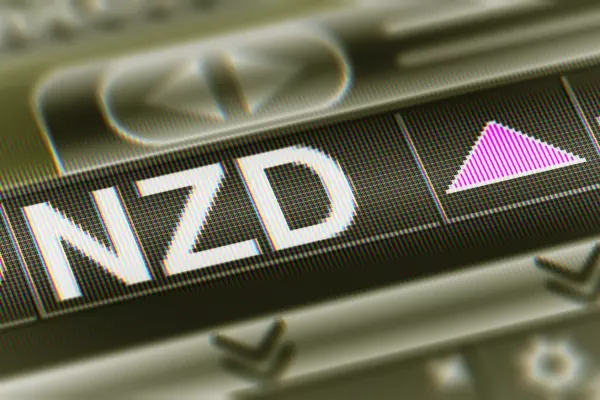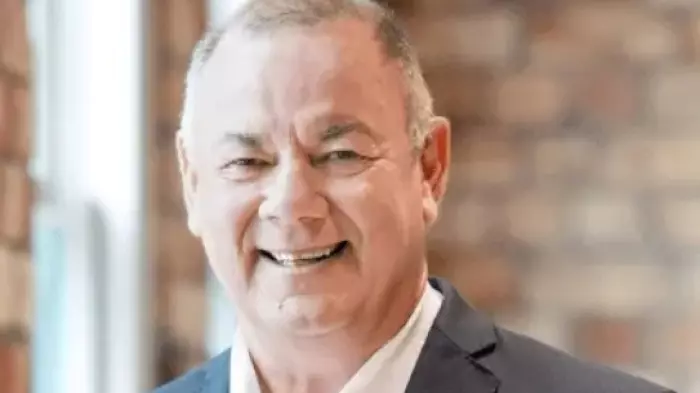A world-class master's that fits around work and family life.
If there is a human embodiment of the advantages of the University of Auckland Business School’s online MBA programme, it comes – according to the university’s MBA programme director Mike Lee – in the shape of a woman called Sabrina Hou.
Hou, an Auckland mother and fulltime employee of a water management company, hadn’t even finished her MBA last year when she was headhunted by a well-known appliance manufacturer before being headhunted again – and is now senior NPI project manager, AIR (Advanced Inhalation Rituals), based in Dubai.
It was a whirlwind series of promotions, says Lee, showcasing the four great benefits of doing an MBA – a qualification of real legitimacy, enhanced career progression, networking and confidence stemming from self-improvement and knowledge expansion.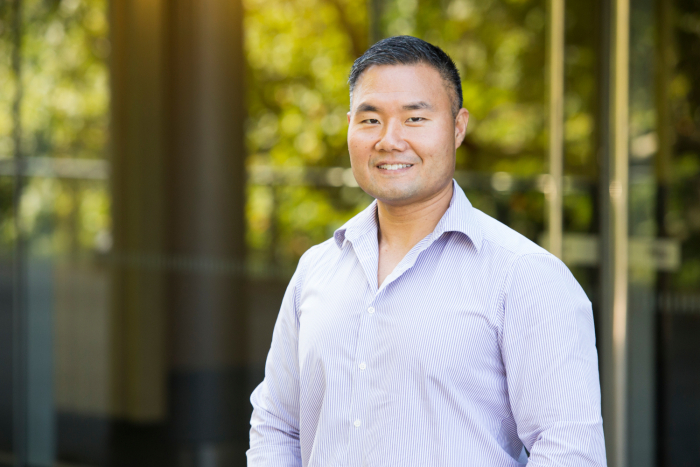 Mike Lee
Mike Lee
The Business School’s MBA programme went online a year ago and that, says Lee, enabled Hou to continue her MBA digitally before graduating. “If anyone asks me why they should do an MBA, I always reach for an example like Sabrina,” says Lee, an enthusiastic proponent of the new digital course. “Career progression is a big reason why – but what Sabrina has done also shows the flexibility the new programme offers students.”
Previously the MBA required students to attend in person, asking them to do eight hours on a Friday and another eight hours on Saturday. It cut hugely into their job, personal and family time.
After taking on board prospective student and market feedback, the university developed an 18-month online programme that breaks the study into digital packages, meaning students can continue to work fulltime and have family time. Lee says there is no looking back, with high interest in the 48 spots available.
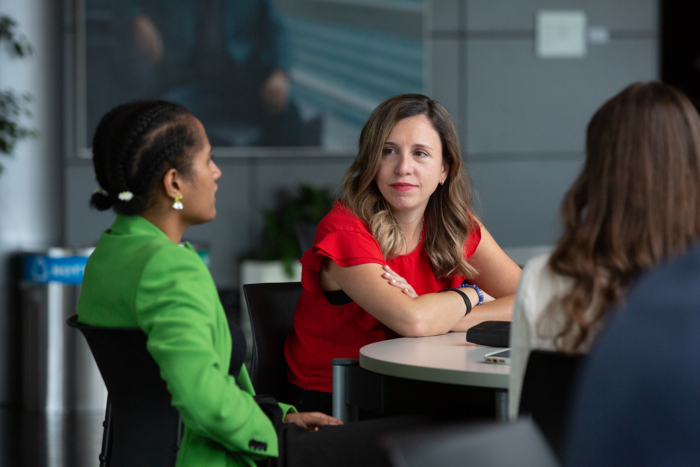
Previously the course’s attendance requirements meant students had to live in, or close to, Auckland. “Now we have students from Whangārei to Queenstown in New Zealand and Dubai, Brisbane, Florida and Seattle,” he says.
“Quarter two is coming up and people can start their MBA then. I would urge anyone interested to attend our Masterclass at the university or online on February 20 where they’ll see current students, alumni and get a real taste of how our MBA programme works.”
The University of Auckland's MBA has always attracted a high level of interest, and going online means it's opened the door to an even wider audience now. "It's a proven degree that has been going 40 years; it is a fully accredited programme; we were the first in Australasia to win Triple Crown accreditation (accredited by three international organisations)," says Lee.
There’s also the money. “Internationally, the cost of an MBA can be prohibitive,” says Lee. “Some universities in the US and Europe charge up to NZ$450,000 for their MBAs. Ours is a reasonable $45,000-$46,000 – and I think a lot of people are figuring out that they do not get 10 times the value elsewhere and that there is a greater return on investment here.”
The difference is that most US and European MBAs are pursued by, and geared for, younger people. In the University of Auckland’s programme, the average age of MBA students is 37; they come from three broad groups – those who “squeeze in” an MBA before having children, those in their 40s and 50s who have more adult kids, and those in their mid-30s who have younger kids.

The students are 55% female, 45% male and come from sectors like engineering, health, construction, financial institutions, accountancy firms, big business and some individuals from different fields including a paediatrician, a surgeon and a forensics expert from the police.
“It’s not an easy programme, far from it,” he says. “However, the digital assets help make it manageable. It might be a 15-minute video they have to watch, or a podcast they listen to while mowing the lawns.
“They all have full-time jobs so they must commit to an MBA – and they get a lot out of it. The networking is another benefit. They have to do a series of assignments and spend four hours face-to-face every week during our live Zoom lectures, and additionally on group projects.”
There are also valuable in-person networking opportunities available, as current MBA student Leonard Hope has experienced.
“Coming into the online MBA programme, I was concerned that it would be difficult to make meaningful connections with others in my cohort,” says Hope. “However, because the online learning experience is supplemented by in-person intensives and other programmes, that hasn’t been an issue. For example, I spent a week at QUT Entrepreneurship in Brisbane last year working on a cleantech investment case study alongside a group of fellow University of Auckland students. Relationships were created that week that I’m sure will last a lifetime.”

Lee acknowledges that networking is “such a big thing”.
“They work together on projects, in an environment where it is safe to fail sometimes, pick up vital knowledge and information from fellow students from different sectors. They learn a lot and get to know who is trustworthy and who does good work,” he says.
“Those contacts – and those with alumni – can make a real difference. That’s what happened with Sabrina; it was a network contact from the course that sparked her first job shift.”
“I am sometimes asked why anyone would do an MBA when all the information is available online,” says Lee. “The big problem with do-it-yourself education is proof. How does a prospective employer know you’ve done the hard yards of an MBA? Or that you have learned all the necessary aspects of running an organisation, rather than just listened to podcasts of the topics you are personally interested in? Employers know what an accredited MBA means.”
There are no figures available to show how MBA graduates benefit financially. Most Kiwi MBA graduates already have jobs – typically averaging about 10-15 years into their careers – and the course is aimed at those in middle management who want to graduate to executive management – the “C-Suite”.
“We have seen, for decades now, MBA graduates promoted quickly,” says Lee, “and there have been more than a few cases where they were promoted before they finished the course. Some, like Sabrina, headed off into new careers.”
The University of Auckland Business School's MBA Masterclass is being held on February 20, and applications for the Quarter Two intake are open now ahead of the March 31 start.


